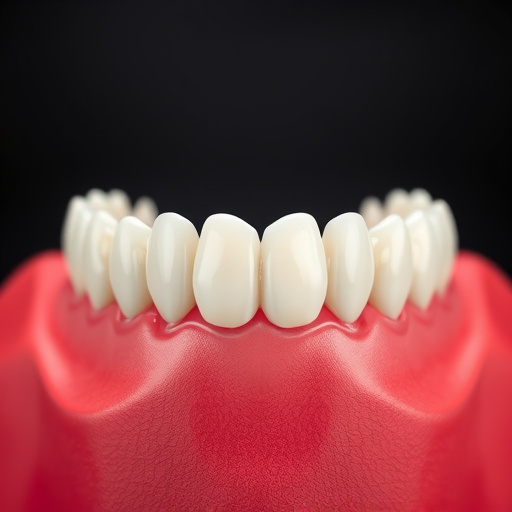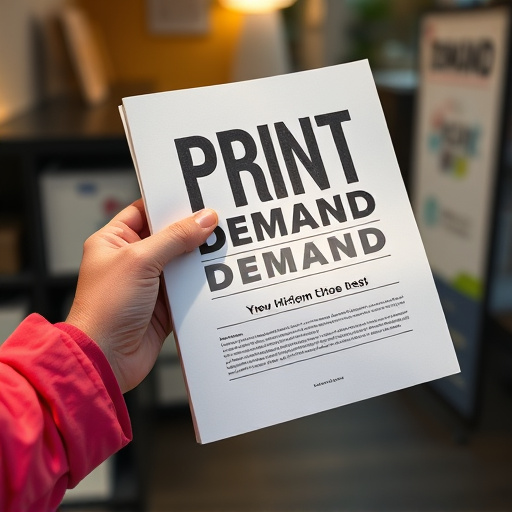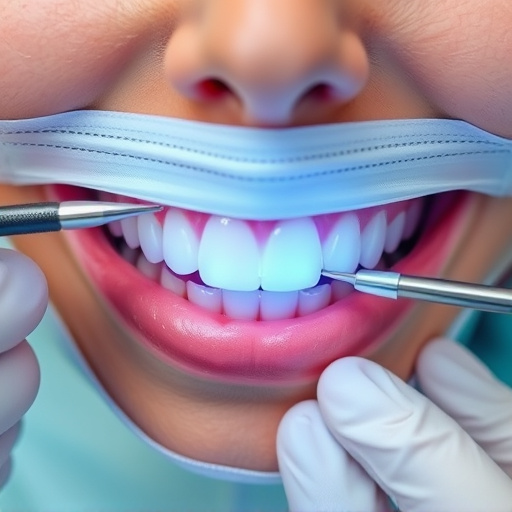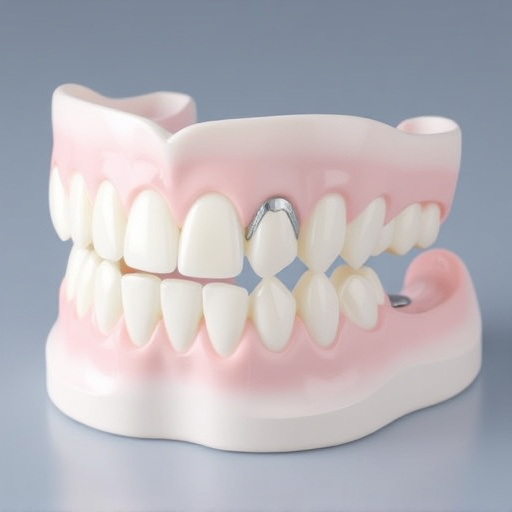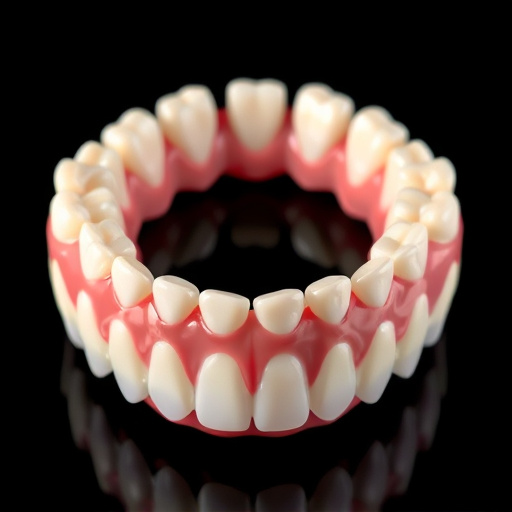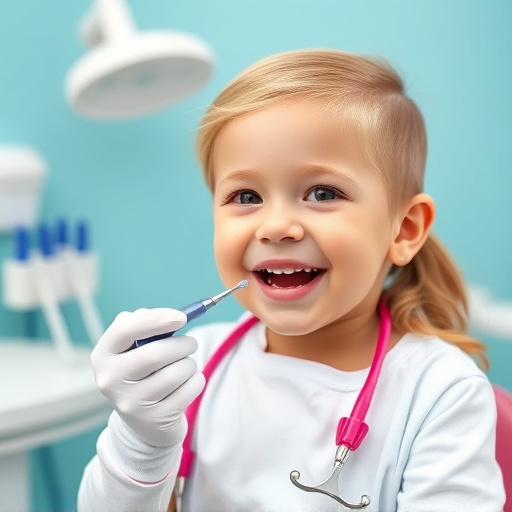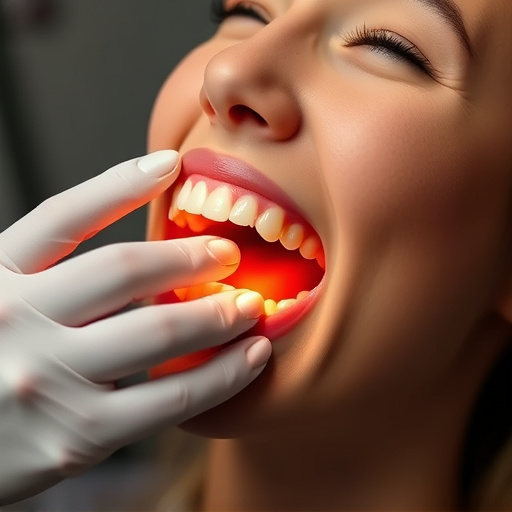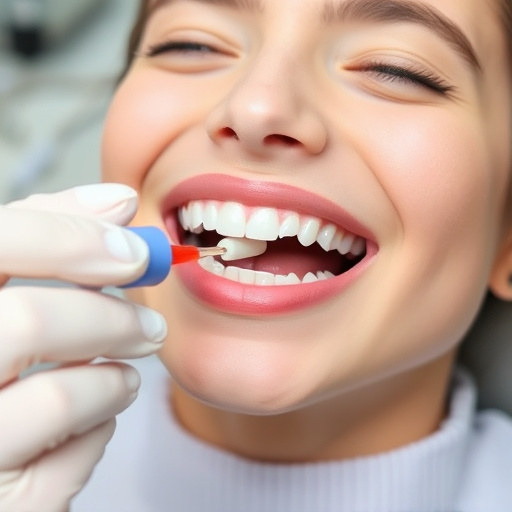Oral health assessments are crucial for maintaining smiles and preventing future dental issues. These initial evaluations examine teeth and gums using tools like dental mirrors and X-rays, allowing for early detection of problems like tooth decay or gum disease. Regular check-ups in a family dentistry setting can reduce the need for costly restorative procedures and ensure long-term oral health. Preventive care, including cleanings and personalized hygiene guidance, is key to avoiding expensive treatments and maintaining comfort and quality of life. Implementing early oral health assessments in dental practice is an effective strategy to save time, money, and foster a culture of proactive oral care.
Early oral health assessments are a powerful tool to prevent costly dental procedures down the line. By prioritizing these routine checks, we can catch potential issues early, promoting effective preventive care. This article delves into the significance of oral health assessments as the first line of defense against significant restorative treatments. We’ll explore how these assessments compare to preventive care costs and provide practical guidance on integrating them into everyday dental practice.
- Understanding Oral Health Assessments: The First Line of Defense
- Preventive Care vs. Costly Restorative Treatments: A Comparison
- Implementing Early Oral Health Assessment in Everyday Practice
Understanding Oral Health Assessments: The First Line of Defense
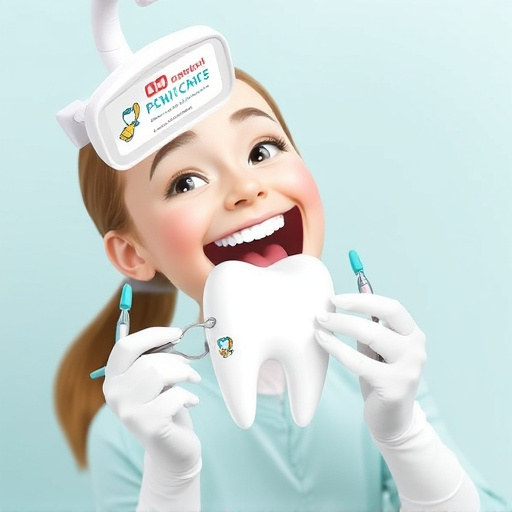
Oral health assessments are crucial steps in maintaining a healthy smile and preventing future issues. These initial evaluations serve as the first line of defense against dental problems, offering a comprehensive look at your mouth’s overall health. During an oral health assessment, dentists carefully examine your teeth, gums, and mouth for any signs of decay, gum disease, or other abnormalities. They may use various tools like dental mirrors and X-rays to get a detailed view, ensuring no plaque, tartar, or hidden cavities go unnoticed.
Regular assessments in a family dentistry setting can help catch issues early, preventing the need for more costly restorative dentistry procedures down the line. For instance, detecting tooth decay at an early stage might only require a simple filling instead of a more invasive treatment or emergency dental care later on. By staying proactive with oral health assessment, individuals can avoid painful and expensive surprises, promoting long-term oral health and peace of mind.
Preventive Care vs. Costly Restorative Treatments: A Comparison
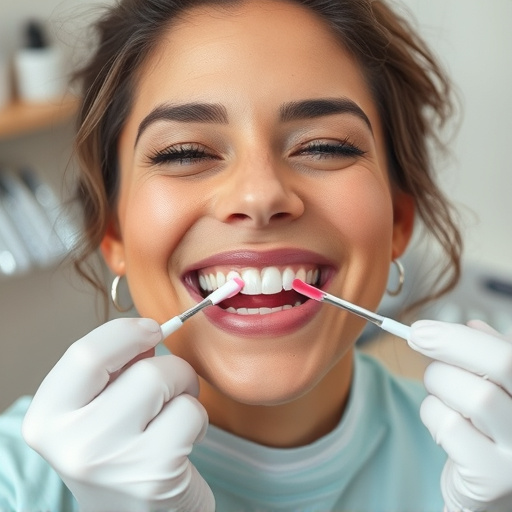
Preventive care plays a pivotal role in maintaining optimal oral health and averting costly restorative treatments. Regular dental check-ups and cleanings (comprehensive dental care) form the foundation of preventive dentistry, allowing for early detection of issues like tooth decay or gum disease. This proactive approach significantly reduces the need for extensive and expensive procedures later on.
In contrast, restorative treatments, while necessary to address existing problems, often involve significant costs and can be time-consuming. From fillings and crowns to complex surgeries, these procedures not only impact a patient’s financial well-being but also their oral comfort and overall quality of life. By prioritizing preventive care through regular oral health assessments, individuals can avoid these costly restorative treatments and maintain long-term dental health more effectively.
Implementing Early Oral Health Assessment in Everyday Practice
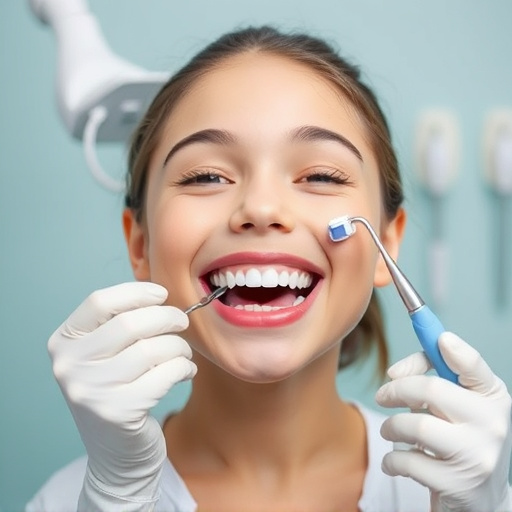
Implementing early oral health assessment in everyday practice is a straightforward yet powerful approach to preventing costly procedures down the line. Dentists can play a pivotal role by incorporating routine oral exams into their patient interactions, allowing for the early detection of potential issues like tooth decay or gum disease. This proactive method not only saves patients from extensive and expensive treatments later but also fosters a culture of preventive care.
By integrating oral health assessment into the fabric of regular check-ups, dental professionals can offer guidance on proper oral hygiene practices tailored to each patient’s needs. This personalized approach may include recommendations for improving brushing techniques, using mouthwashes, or even suggesting specific dietary adjustments. Consequently, patients are empowered to take charge of their oral health, thereby reducing the need for restorative dentistry interventions, such as cosmetic fillings, which can be both costly and time-consuming.
Early oral health assessments are a simple yet powerful tool to prevent costly procedures. By incorporating these assessments into daily practice, healthcare providers can significantly reduce the need for extensive restorative treatments. This proactive approach ensures better patient outcomes and saves money in the long run, making it an essential step towards improving overall dental care.




